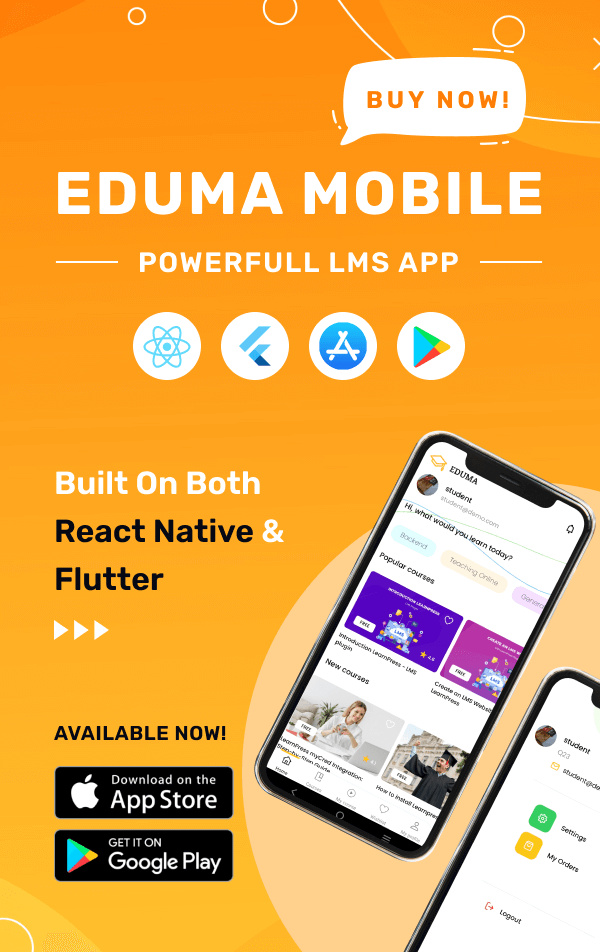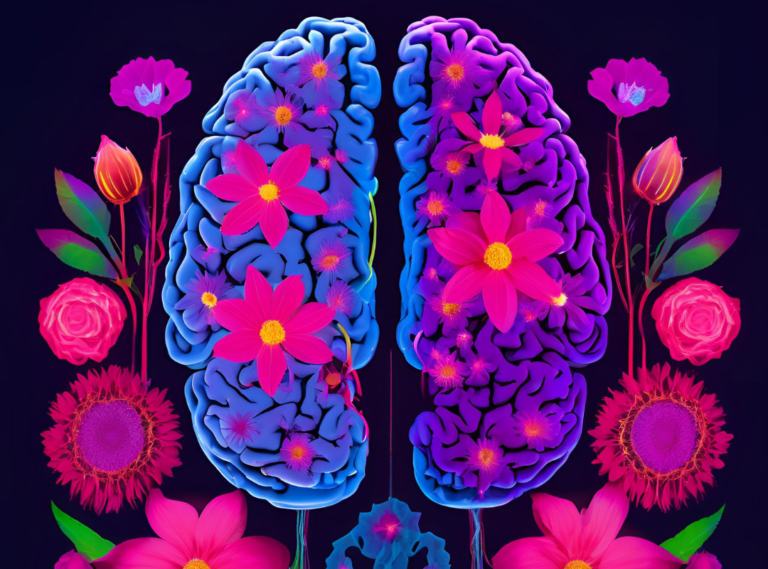

Arabic is Considered a Critical Language. Why?
Arabic is Considered a Critical Language. Why?
Arabic: A Language of Global Significance
Arabic is spoken by over 400 million people across 22 countries, making it one of the most widely spoken languages in the world. Its significance extends far beyond numbers, however, as Arabic holds a crucial role in global politics, economics, culture, and religion. Recognizing its importance, many governments and educational institutions have designated Arabic as a “critical language.” But what does this designation mean, and why is Arabic considered critical? In this article, we’ll explore the reasons behind this designation and the unique opportunities it creates for learners.
What is a “Critical Language”?
A “critical language” is a language that is considered essential for national security, economic interests, and global engagement, yet is typically underrepresented in language education. Governments, particularly in countries like the United States, identify these languages based on their strategic importance in international affairs. Learners who study critical languages are often eligible for specialized scholarships, exchange programs, and career opportunities designed to increase proficiency in these vital languages.
Why is Arabic Designated as a Critical Language?
-
Geopolitical Importance
- Middle East and North Africa (MENA) Region: The MENA region, where Arabic is the dominant language, is of immense geopolitical significance. It’s a region that has been at the heart of major global events, including conflicts, diplomatic negotiations, and peace processes. Understanding Arabic is crucial for diplomats, intelligence analysts, and policymakers who engage with this region.
- Learner Perspective: For learners like Christian, who works in international relations, learning Arabic opened doors to careers in diplomacy and global policy-making. “Arabic allowed me to directly communicate with key players in the Middle East, providing insights that are critical in my line of work.”
-
Economic Opportunities
- Energy and Commerce: Many Arabic-speaking countries are rich in natural resources, particularly oil and gas. These resources drive the global economy, making Arabic essential for professionals in energy, trade, and international business. Understanding Arabic can be a significant asset for companies looking to do business in these markets.
- Learner Perspective: Adi, an entrepreneur, found that his ability to speak Arabic helped him establish business partnerships in the Gulf region. “It was a game-changer for my business. Speaking Arabic gave me a competitive edge and allowed me to build stronger relationships with my partners.”
-
Cultural and Religious Significance
- Islamic World: Arabic is the liturgical language of Islam, spoken by millions of Muslims worldwide during prayers and religious practices. It is the language of the Quran, and for many, learning Arabic is not just a linguistic pursuit but a spiritual one. This cultural and religious significance adds to Arabic’s global influence.
- Learner Perspective: Olga, who works in cultural preservation, emphasized the importance of Arabic in understanding Islamic art and history. “Learning Arabic deepened my appreciation for Islamic culture and allowed me to engage with historical texts and artifacts in their original language.”
-
Strategic Alliances and National Security
- Counterterrorism and Intelligence: In the context of global security, understanding Arabic is critical for intelligence gathering, counterterrorism efforts, and fostering strategic alliances. Governments invest in Arabic language programs to ensure they have a pool of linguists who can operate effectively in these sensitive areas.
- Learner Perspective: Maria, who works in national security, highlighted how Arabic proficiency is a sought-after skill in her field. “Arabic is crucial for understanding the nuances of communication in the Middle East. It’s not just about translation but about comprehending the context, which is vital in security work.”
-
Education and Cultural Exchange
- Academic Research: Arabic is a gateway to a vast body of knowledge in fields such as history, literature, philosophy, and science. Scholars who study the Arab world often need a strong command of Arabic to access primary sources and engage with the academic community in Arabic-speaking countries.
- Learner Perspective: Christian, who pursued a degree in Middle Eastern studies, found that learning Arabic enriched his academic research. “Arabic opened up a wealth of resources that were previously inaccessible to me. It also allowed me to engage with scholars in the Arab world and collaborate on research projects.”
Opportunities for Learners
-
Scholarships and Funding
- Many governments and institutions offer scholarships and grants specifically for students learning critical languages like Arabic. Programs such as the U.S. State Department’s Critical Language Scholarship (CLS) and the Boren Awards provide financial support and immersive experiences abroad, allowing learners to achieve proficiency in Arabic.
-
Career Advancement
- Proficiency in Arabic can lead to career opportunities in diplomacy, international business, intelligence, journalism, and more. Companies and organizations value Arabic-speaking employees for their ability to navigate the complexities of the Arab world.
-
Cultural Enrichment
- Learning Arabic provides a deeper understanding of Arab culture, history, and society. It allows learners to connect with Arabic speakers, appreciate Arabic literature and arts, and gain insights into a region that plays a pivotal role on the world stage.
-
Global Impact
- By learning Arabic, individuals contribute to global understanding and cooperation. They become cultural ambassadors, helping to bridge the gap between the Arab world and the rest of the globe.
Conclusion
Arabic’s designation as a critical language highlights its importance in today’s interconnected world. Whether for geopolitical, economic, cultural, or security reasons, learning Arabic offers unparalleled opportunities for personal and professional growth. For those willing to take on the challenge, the rewards are substantial, providing access to a rich and diverse world that is as complex as it is fascinating. So, if you’re considering learning a new language, Arabic might just be the critical key to unlocking your future.
https://www.bu.edu/wll/home/why-study-arabic/
Unlocking Health: The Surprising Benefits of Learning a New Language | Arabian Dialect School
Categories
Archives
You May Also Like
-
-
August 20, 2024
-
-
August 20, 2024
-
-
August 1, 2024




